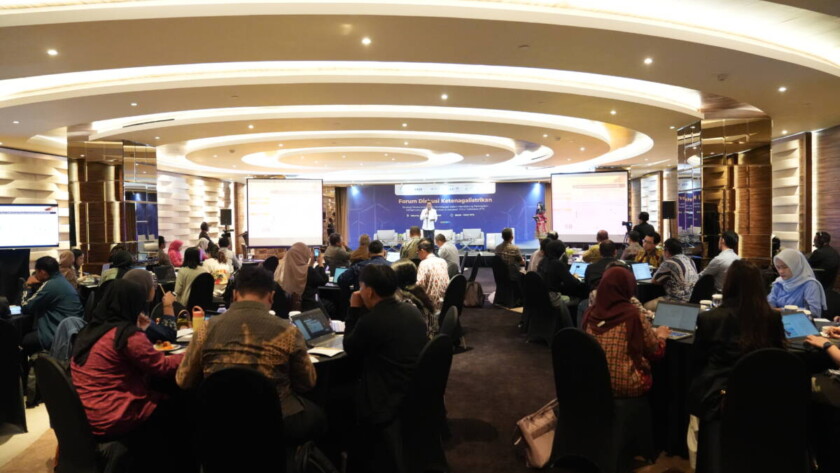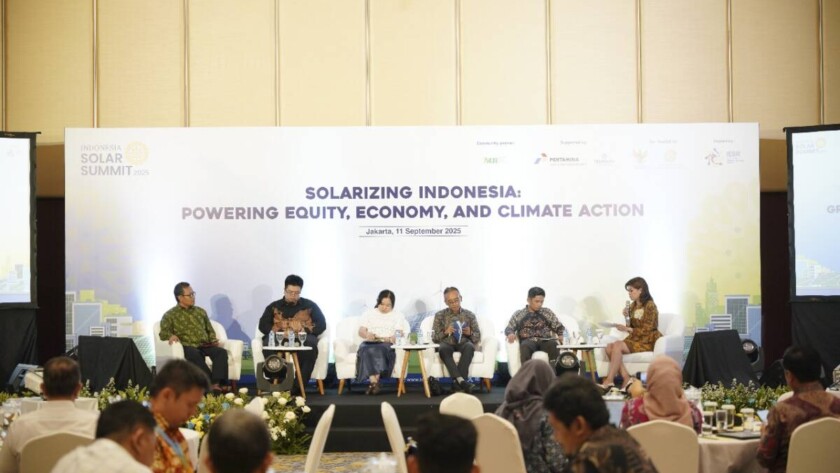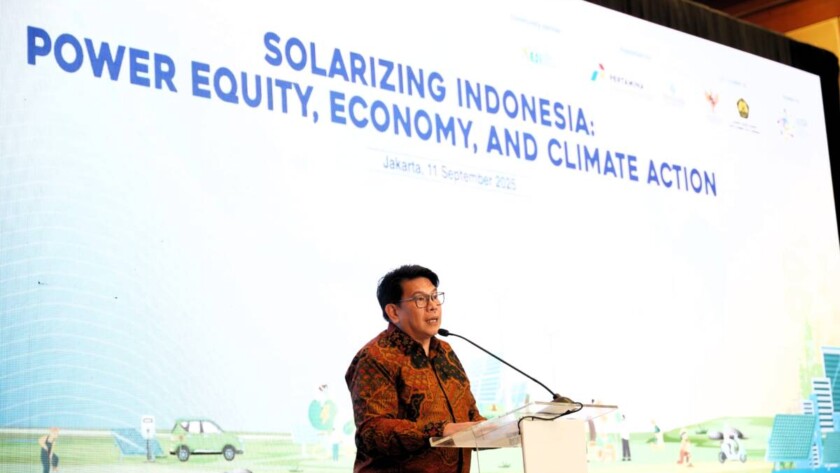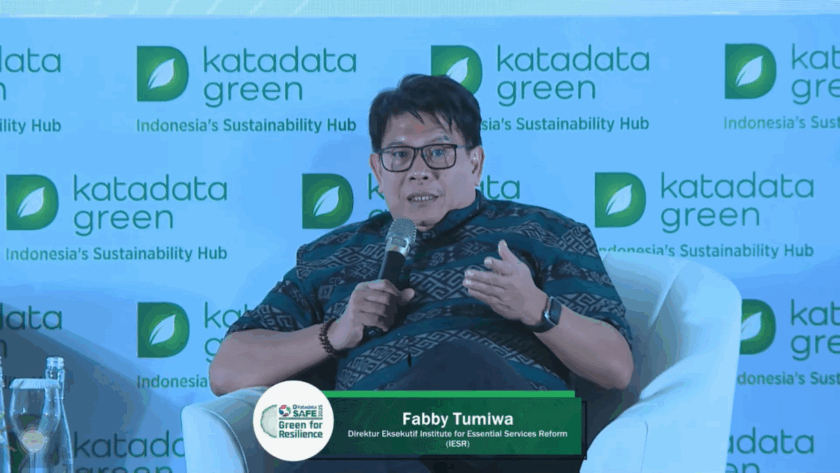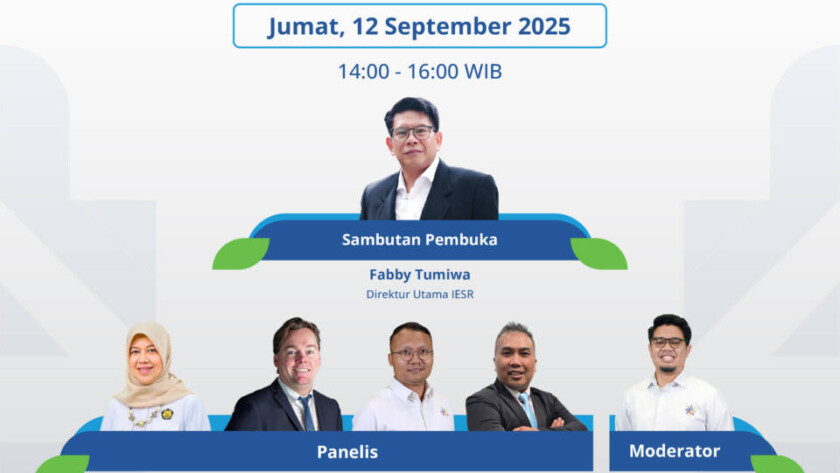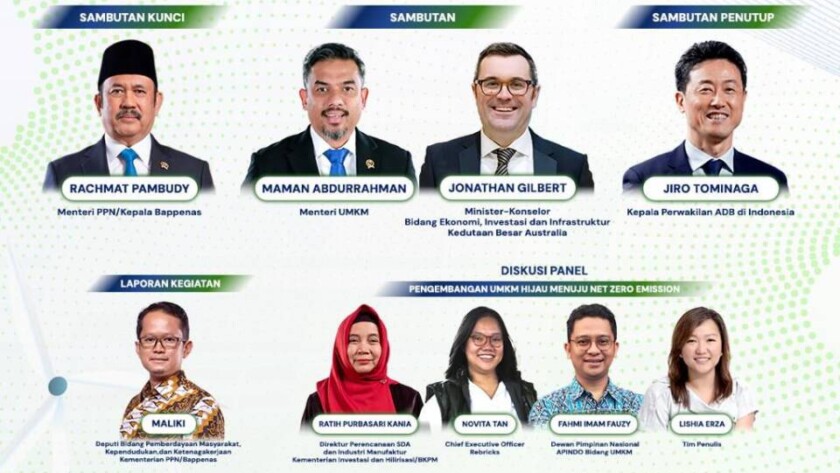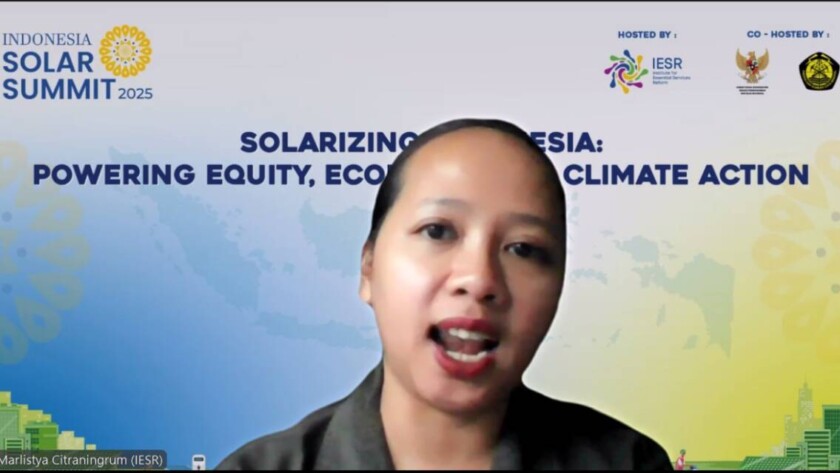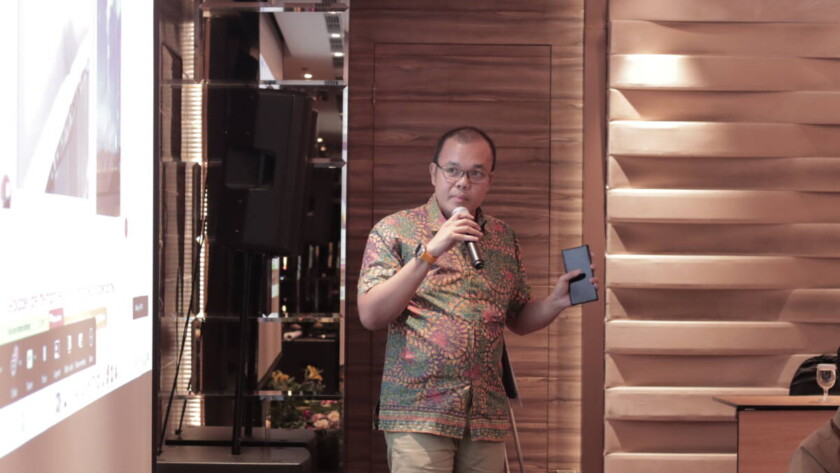Palembang, 16 September 2025 – South Sumatra, a province highly dependent on fossil fuels, especially coal, is shifting towards a more sustainable energy transition. A key step in this process is the issuance of South Sumatra Provincial Regulation Number 2 of 2025, which serves as the foundation for the province’s energy policy. This regulation focuses…


